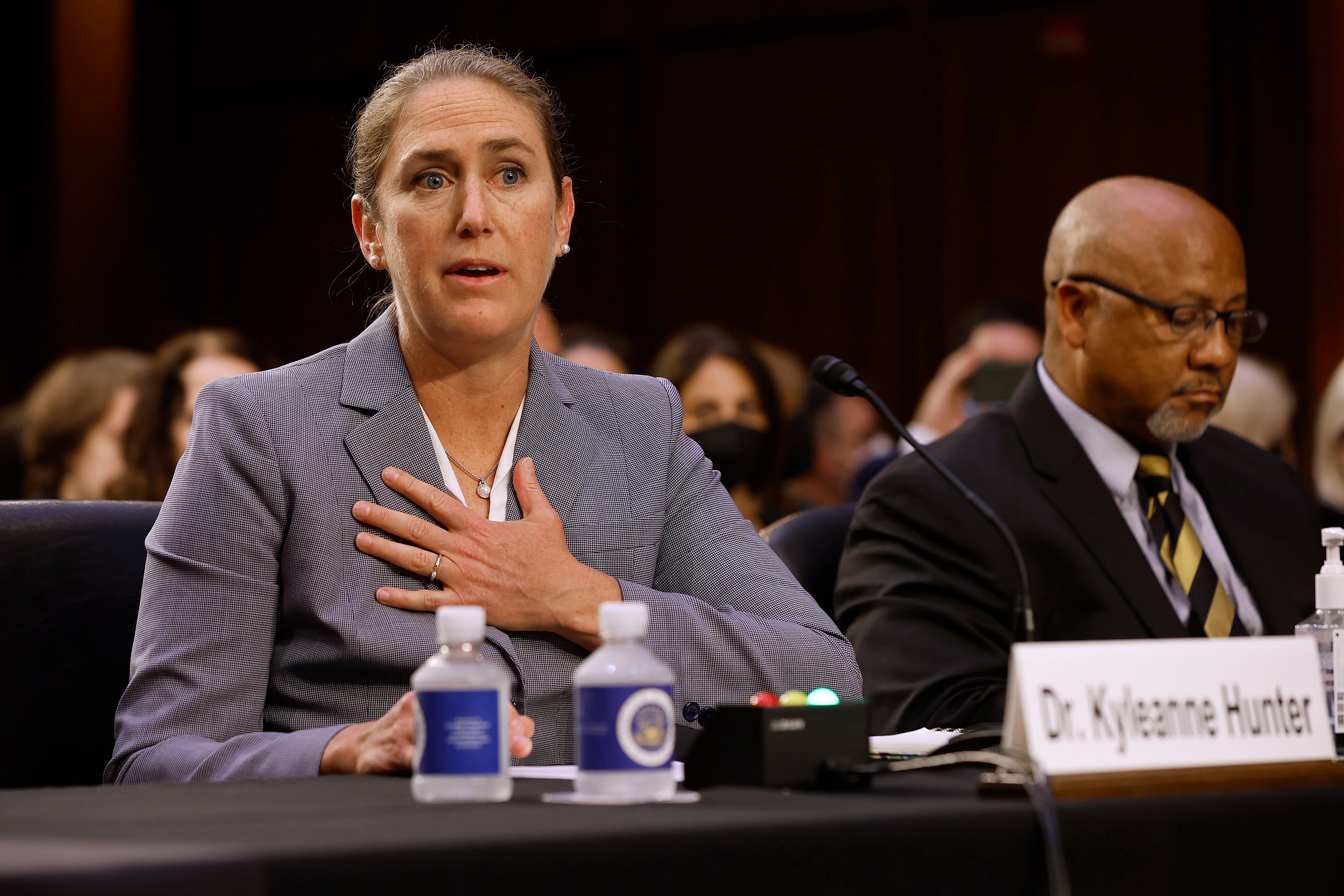Add condoms to the list of "appropriate personnel protective equipment" recommended by the Pentagon to reduce transmission of the Zika virus.
U.S. Southern Command is advising personnel who travel to Zika-affected countries to practice safe sex or consider abstinence amid concerns the virus may be more readily transmitted through sex than previously thought.
Guidance released in late February to Southern Command subordinate units recommends troops take a number of additional preventive measures, including wearing long sleeves, staying in air-conditioned or screened facilities and using bug spray.
But the guidance also suggests men abstain from sex or use a condom after travel and continue following these precautions for the duration of a pregnancy if their partner is expecting.
"Personal protective measures … are prudent precautions that anyone should take anywhere they are in a mosquito-borne illness environment," Navy Vice Adm. Kurt Tidd, commander, U.S. Southern Command, said during a Defense Department briefing Thursday.
Early last week, World Health Organization director-general Margaret Chan said new investigations into Zika transmission in several countries "strongly suggest the virus spreads through sex more often that previously assumed."
Researchers still don't fully understand the scope of the problem, including how long the virus remains active in semen. But the Centers for Disease Control and Prevention say the virus stays active longer in semen than in blood, and an infected person can transmit Zika before, during and after symptoms develop.
"In one case, the virus spread a few days before symptoms developed," notes the CDC on its website.
While Zika is most commonly transmitted by mosquitoes, the CDC is investigating at least a dozen cases of Zika in the United States that may have been sexually transmitted.
The virus is now active in more than 30 countries and territories. The United States has had 193 cases, all contracted during travel elsewhere, while the U.S. territories have had 174 cases, 92 percent of which have occurred in Puerto Rico.
The virus causes symptoms in fewer than 20 percent of the people who contract it but it has been linked to clusters of microcephaly in newborns and neurological disorders such as Guillain-Barré syndrome in some countries.
According to U.S. Southern Command officials, two male U.S. troops have been diagnosed with Zika, including one confirmed case in Brazil and another waiting test results in Colombia. Both recovered and returned to duty after experiencing mild symptoms.
Also, one pregnant military member and one expecting family member elected to return to the United States from their duty station or home in an affected country to protect their unborn children, Southern Command spokesman Jose Ruiz said.
The Defense Department recommends personnel and family members returning from a country affected by Zika who suspect they may be infected to seek medical care and report their travel history.
The Armed Services Blood Program Office also ask asked that all collection facilities implement a 28-day, self-deferral for donors after travel to a Zika-affected area.
Tidd said the concerted U.S. response to the Ebola virus in 2015 has been "re-energized to address Zika."
He said Southern Command is working with the governments of affected countries to support mosquito eradication training and Naval Medical Research Unit-6, Peru, "has been doing a lot of work in the experimental development of vaccines" for viruses transmitted by the aedes aegypti mosquito, including dengue, chikungunya and Zika.
"Since the digging of the Panama Canal and the recognition of mosquito-borne illnesses, we've recognized, you know, what a significant danger that [mosquitoes pose]," Tidd said.
Patricia Kime covers military and veterans health care and medicine for Military Times. She can be reached at pkime@militarytimes.com.
Patricia Kime is a senior writer covering military and veterans health care, medicine and personnel issues.





